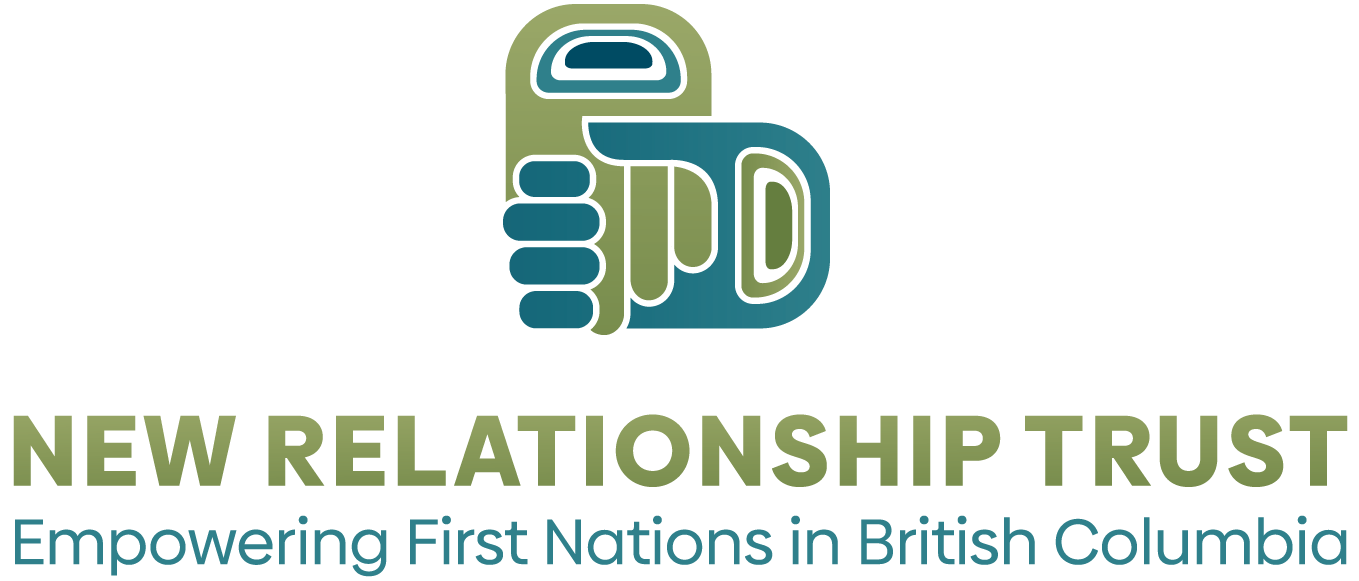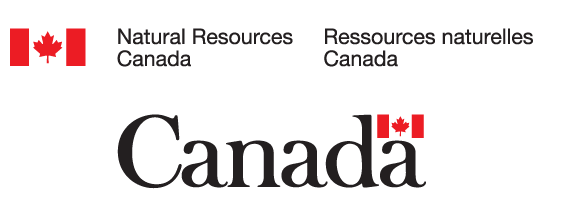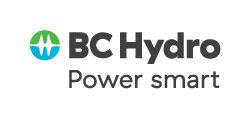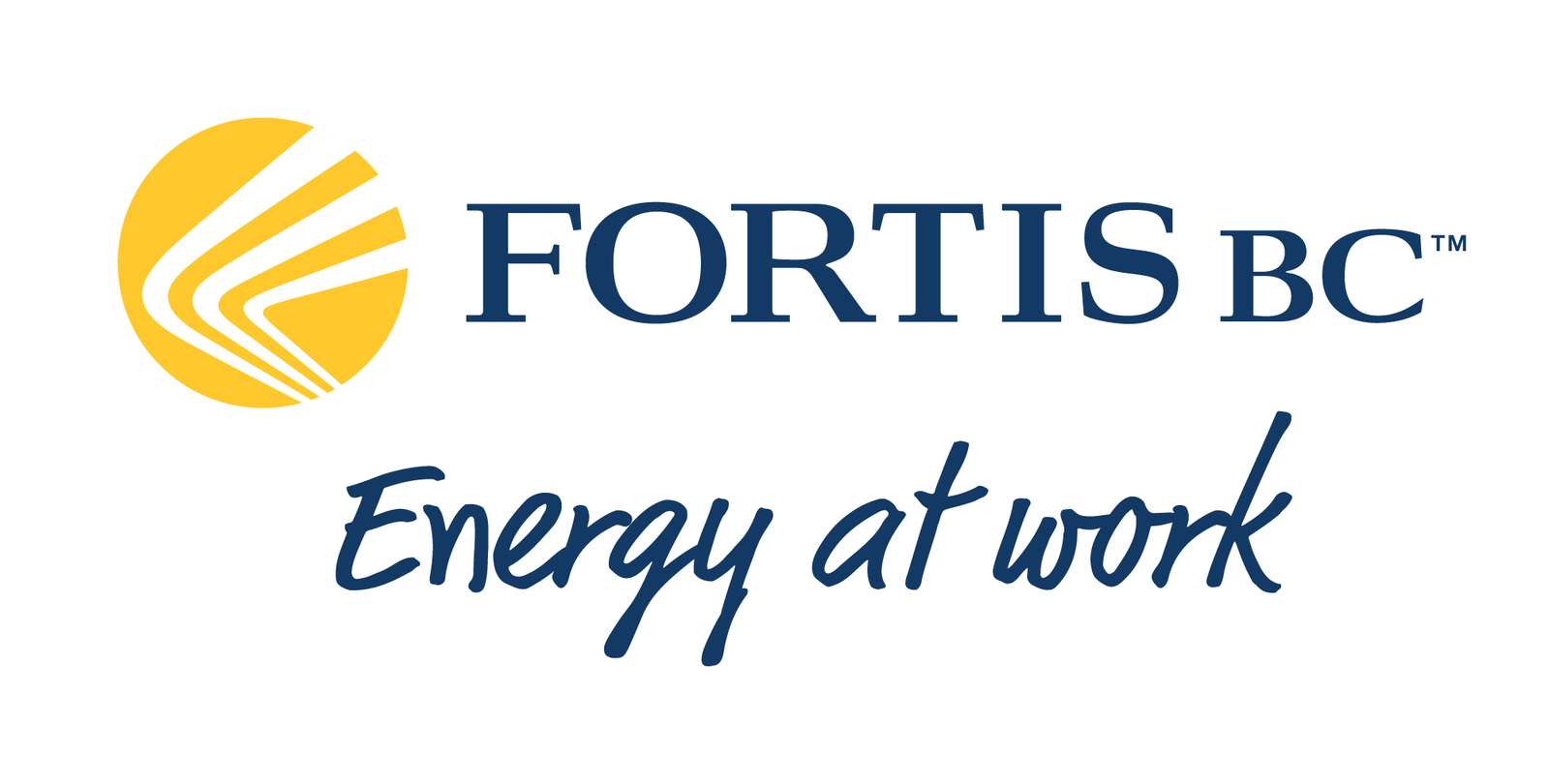Energy Peers in Indigenous Communities (EPIC) NetworkThe EPIC Network is aimed at building capacity, knowledge and skills on renewable energy in Indigenous communities in British Columbia through the work of Community Energy Champions
About EPICThe Energy Peers in Indigenous Communities (EPIC) Network is a program to build capacity, knowledge and skills related to renewable energy in Indigenous communities in British Columbia. The program provides capacity-building funds to Indigenous communities to advance their energy goals related to community renewable energy. The intention is to build knowledge and skills related to renewable energy projects in Indigenous on–grid communities in BC. EPIC supports a cohort of participants (called Community Energy Champions) through a peer-to-peer cohort and peer mentorship approach to building and sharing knowledge, networking and engagement, skills development and training on renewable energy. [top] EPIC Network Program PartnersOur program partners provide strategic guidance and oversight of the EPIC Network program:
[top] EPIC Network Program Goals
[top] EPIC Network Program RationaleIndigenous representatives have indicated that community readiness is a significant barrier to implementing renewable energy projects. To enhance community readiness, the EPIC Network program focuses on capacity building through a peer-to-peer cohort networking model. The Program is designed to be flexible by providing training and support for different stages of “readiness” of communities and participants. Peer-to-peer learning offers benefits outside the realm of traditional educational environments, such as increased cooperation and collaboration, knowledge-sharing, relationship-building and social benefits. In addition, being part of a cohort is an effective method of encouraging cross-community sharing and mutual support. These efforts aim to enhance equity, diversity and inclusion by increasing the representation of Indigenous groups in the renewable energy sector. [top] How the EPIC Network Program WorksParticipating communities have completed contribution agreements with FBC to fund a Community Energy Champion until March 31, 2025. Participating communities are responsible for recruiting and hiring their Community Energy Champion, with support from the EPIC Network Lead. To enhance the equity, diversity and inclusion of participants, FBC supports flexibility via part-time or flexible positions for the energy champion role to encourage gender balance and Culturally Relevant Gender Application Protocols (CRGAP), developed by the Native Women’s Association of Canada. Communities may elect to hire community energy champions to live and work in community, or to live and work remotely, depending on community needs and preferences. Travel subsidies and stipends for childcare will be available to cohort members to support them in attending training and annual gatherings, to enhance accessibility, and to increase the potential diversity of participants by removing financial and other potential barriers to participation. The Network Lead support the Community Energy Champion cohort as a whole to foster connection, build trusting relationships, and create meaningful learning and networking opportunities. The Network Lead works collaboratively with individual Community Energy Champions to develop their annual work plans and individual training plans to help advance their community’s renewable energy priorities. Workplans and training plans can include coordinating community energy planning and implementation, demand side management, community engagement, renewable energy feasibility studies, project planning, design and engineering, project funding and project implementation. The Network Lead works on delivering culturally sensitive training. This will include considering appropriate ceremony, engaging with Indigenous youth and Elders and other cultural elements as appropriate and supportive of creativity in community engagement. [top] Capacity Building for Community Energy ChampionsCapacity-building activities for Community Energy Champions include:
Training and skills development includes: 1) Individual, customized training, and skills developmentThe EPIC Network Lead is working with the energy champions to develop annual training and skills development plans based on the distinct priorities, needs and preferences of each community. Participants define the outcome that they are aiming to achieve, take individual leadership and move at their own pace, with annual targets for individual training hours, based on community priorities and a menu of training options. There is an individual training budget for each network member. 2) Group trainingGroup training includes 2–3 webinars per year on priority renewable energy topics, with input from the Community Energy Champions. Group training can also include professional development in areas such as project management, fundraising and grant writing, and Indigenous community engagement 3) One-on-One mentorshipsWith Indigenous energy champions or industry subject matter experts on specific topics, such as community energy planning, renewable energy and energy storage project planning, energy efficiency, energy audits, heat pumps and solar PV installation. [top] Benefits of Renewable EnergyIndigenous communities can benefit from renewable energy project ownership. Some of these benefits include:
[top] Program Administration
For more information, contact program co-leads for the EPIC Network: Kevin Good Sybil Zhang AcknowledgementsOur thanks the New Relationship Trust, the Province of British Columbia’s CleanBC program, BC Hydro and FortisBC for their generous support and guidance for the program. We acknowledge that the work of the EPIC program has also benefited from leadership by the Coastal First Nations – Great Bear Initiative, which created the Indigenous Climate Action Network, a program that supports Indigenous leadership in climate action for remote communities across the province. [top]
Federal funding for this project is provided by Natural Resources Canada’s Smart Renewables and Electrification Pathways Program, a $1.56-billion program that provides support for smart renewable energy and electrical grid modernization projects, including projects that support capacity building. See also Natural Resource Canada's media release on funding for the EPIC program.
|
||
- About Us
- Programs & Services
- Climate Change & Air Quality
- Watersheds & Water Resources
- Sustainable and Resilient Communities
- Our Work in the Regions
- Resources
- News and Events







